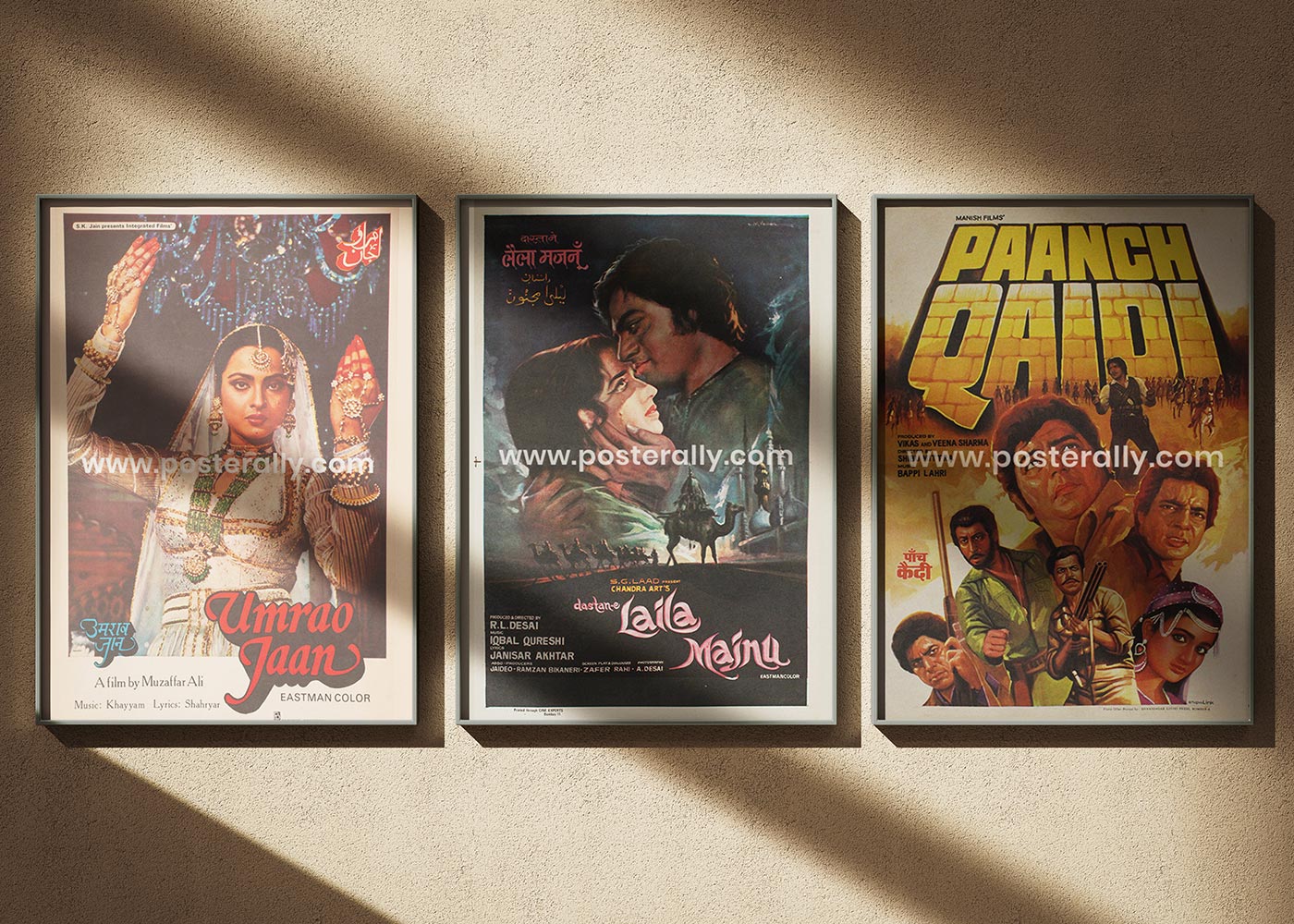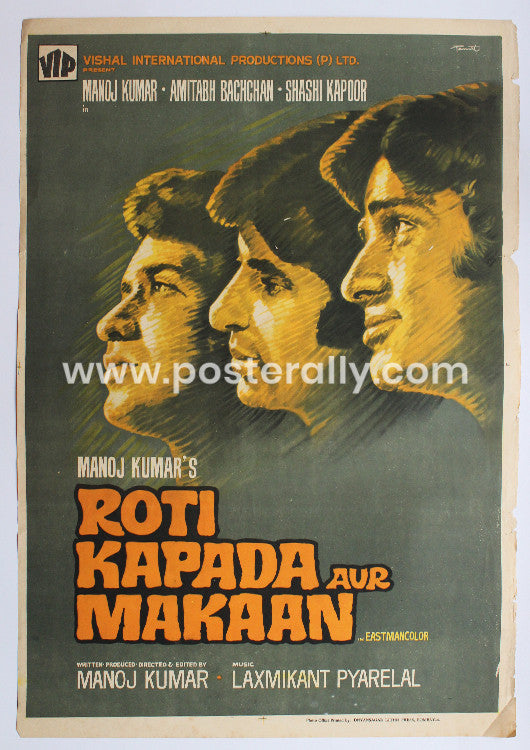Overview of "Roti Kapda Aur Makaan" (1974)
Released in 1974, Roti Kapda Aur Makaan is a powerful Bollywood drama directed and produced by Manoj Kumar. The film boasts an ensemble cast, including Manoj Kumar, Amitabh Bachchan, Shashi Kapoor, Zeenat Aman, and Moushumi Chatterjee. The film's title, meaning "Food, Clothing, and Shelter," reflects the fundamental needs of every individual and serves as a critique of the socio-economic struggles in India during the 1970s.
The story revolves around Bharat (Manoj Kumar), a well-educated but unemployed man who struggles to support his family. As he faces financial hardships, his love life with Sheetal (Zeenat Aman) also suffers, leading her to choose a wealthier suitor (Shashi Kapoor). Bharat, disillusioned with society, is forced to make difficult choices, encountering betrayal, crime, and corruption along the way. His brother Vijay (Amitabh Bachchan), serving in the army, represents another facet of the nation's struggles.
The film features a memorable soundtrack composed by Laxmikant-Pyarelal, with songs like "Mehngai Maar Gayi", "Hai Hai Yeh Majboori", and the patriotic "Aur Nahin Bas Aur Nahin", which resonated deeply with audiences.
In summary, Roti Kapda Aur Makaan (1974) is a thought-provoking and socially relevant film that remains one of Bollywood's most iconic dramas. With its blend of romance, action, and political commentary, the film continues to be remembered as a cinematic reflection of India's socio-economic realities in the 1970s.



